SHC hears case over Qingqi, motor-cab rickshaw ban in Karachi
Karachi bans motor-cab rickshaws on 11 major roads to ease traffic congestion
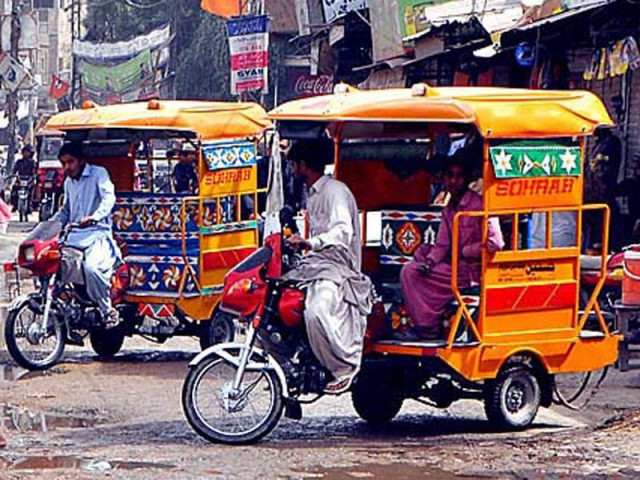
The Sindh High Court is hearing a series of petitions challenging the ban on Qingqi rickshaws and motor-cab rickshaws on Karachi’s major thoroughfares, highlighting the ongoing tensions between traffic management and the livelihoods of informal transport operators.
The Sindh High Court (SHC) on Saturday heard a petition by Imran Zaidi challenging the ban on Qingqi and motor-cab rickshaws on Karachi’s major roads.
Earlier, Karachi Commissioner Syed Hasan Naqvi had issued a formal notification banning motor-cab rickshaws, including "One Plus Two and One Plus Four models", on 11 major city roads to ease traffic congestion.
The restrictions cover major arteries including Shahrah-e-Faisal, II Chundrigar Road, Shahrah-e-Quaideen, Sher Shah Suri Road, Shaheed-e-Millat Road, Abdullah Haroon Road, Stadium Road, Sir Shah Suleman Road, Rashid Minhas Road, and Mauripur Road.
Read: 'Depriving people of livelihood will push them to crime'
Initially applied to 11 routes, the notification was later expanded to 20 roads, and is in effect until October 15.
Opposing the ban, Zaidi said it “threatens the livelihood of thousands of rickshaw operators who depend on these vehicles to feed their families. The decision was imposed without consulting those affected, and now the law gives local government representatives—not the Karachi commissioner—the authority to make such restrictions.”
He also highlighted that Karachi’s public transport system is insufficient, forcing citizens to travel in overcrowded buses and rickshaws.
During the hearing, Additional Advocate General Sindh Sagheer Ahmed Abbasi defended the ban, saying it is “lawful under the Sindh Motor Vehicle Act and enforced under Section 144 of the Criminal Procedure Code (CrPC),” which allows authorities to issue orders restricting public movement or assemblies in urgent situations to maintain law and order.
Read More: Rickshaw drivers protest ban
He added that violators can face legal action under Section 188 of the Pakistan Penal Code (PPC), which penalises disobedience to lawful government orders.
It was stressed in the hearing by traffic authorities that Karachi has sufficient public transport options, including buses, minibuses, and the Bus Rapid Transit (BRT) system. “Police actions are strictly according to law, not personal motives,” Abbasi said.
In previous hearings, petitioner advocates like Salahuddin Ghandapur stressed that “the government is not serious about the livelihoods of poor people,” while government lawyers countered claims of misinformation.
The case is part of a growing trend of petitions against the rickshaw ban, with another hearing by the Qingqi Rickshaw Association scheduled for November 11, signalling that the debate over urban mobility and livelihoods is far from over.


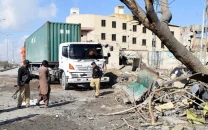
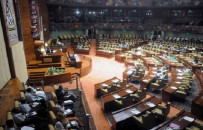
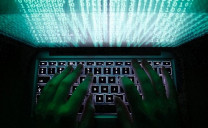



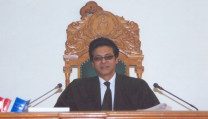













COMMENTS (1)
Comments are moderated and generally will be posted if they are on-topic and not abusive.
For more information, please see our Comments FAQ